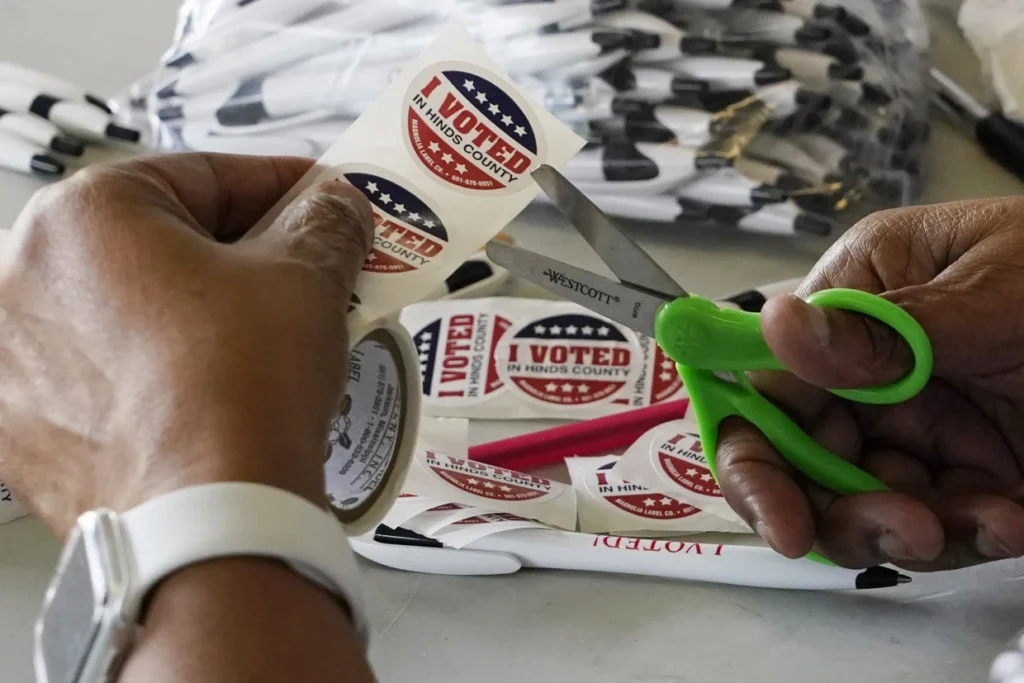Supreme Court rejects challenge to Jim Crow-era Mississippi voting law

The state constitutional amendment from 1890 was intended to disproportionately remove voting rights from Black people convicted of certain crimes.
The Supreme Court on Friday rejected a challenge to a constitutional amendment adopted by the state of Mississippi during the racist Jim Crow era aimed at preventing Black people from voting.
The justices left in place a law barring certain felons from voting, which the state says is no longer tainted by the racist intentions of its original authors because it has subsequently been updated on two occasions.
The court’s decision not to hear the case prompted a sharp dissenting opinion from liberal Justice Ketanji Brown Jackson, joined by fellow liberal Justice Sonia Sotomayor.
She contrasted the decision on Friday with the court’s ruling a day earlier that effectively ended the consideration of race in college admissions.
If the court viewed affirmative action as race discrimination, then the Mississippi measure must be seen similarly, Jackson said.
“So at the same time that the court undertakes to slay other giants, Mississippians can only hope they will not have to wait another century for another judicial knight-errant,” she wrote. “Constitutional wrongs do not right themselves.”
The measure was first enacted in 1890 at a time when whites in the Deep South were fighting back against post-Civil War efforts to ensure formerly enslaved Black people had equal rights.
The specific aim of the amendment was to disproportionately prevent Black people from voting by removing voting rights from felons convicted of what were thought to be “Black crimes” and declining to do the same for “white crimes.”
As such the amendment removed voting rights from people convicted of bribery, burglary, theft, arson, obtaining goods or money under false pretenses, perjury, forgery, embezzlement and bigamy. The list did not include the more serious crimes of murder and rape.








